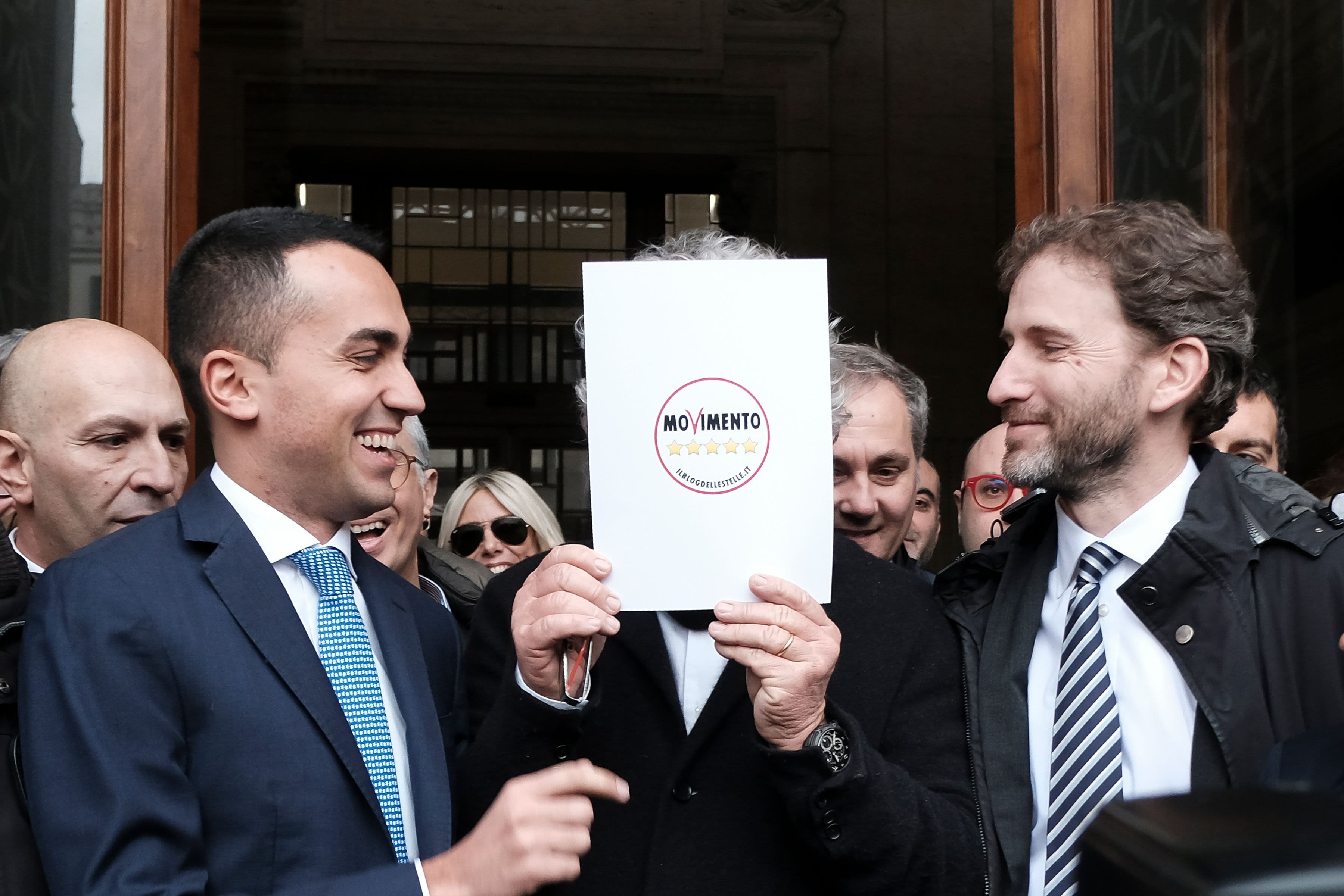Romania’s taking a hard right turn! Are they joining the club of Europe’s far-right favorites? What’s fueling AUR’s rocket-speed rise? And, is the EU nervously watching as Romania gears up for a political shake-up?
Romania, a member of the European Union, is gearing up for local, presidential, parliamentary and European elections next year – making 2024 a crucial time for the country and for Europe, as the far-right is expected to continue gaining ground.
The surge of the far-right party AUR has emerged as a significant political force. The resonance of their nationalist stance and critique of the existing political establishment is gaining traction among voters, echoing the rising sentiments seen in other European nations like Sweden, Slovakia, and the Netherlands.

“These elections are important for the political situation in Romania as well as for the entire European Union, where the far-right has risen in popularity in many member states like Sweden, Slovakia and now the Netherlands,” Fernando Casal Bertoa, an associate professor in Comparative Politics at the University of Nottingham, told Euronews.
The elections next year might determine “a completely new direction for the country,” he added.
Understanding AUR’s Appeal
A recent survey by pollster INSCOP released in early November showed that the country’s ruling coalition government – which includes the leftist Social Democrats (PSD) and centre-right Liberals (PNL) – would fall short of an outright majority in the parliamentary election next year.
The coalition government has been struggling this year with keeping the country’s public finances in check – a situation which has paved the way for the far right to gain ground in Romania.
In December 2020, the little-known AUR, which had been formed in the autumn of the previous year, rose from obscurity to take almost 9% of the overall vote in Romania’s parliamentary elections. Since then, the party has been steadily gaining more support in recent opinion surveys.

Read More: Sweden becomes the first EU country to declare Islamists alien
The rise of the party was due in part to the overwhelming support of the Romanian diaspora, which, according to Alina Mungiu-Pippidi, a professor of Comparative Public Policy at the LUISS Guido Carli University in Rome, “has a large percentage of low-skilled, marginal people who in fact only work seasonally in Europe.”
“I called them, much to the indignation of some people, a ‘lumpen-diaspora’, to paraphrase Karl Marx,” Mungiu-Pippidi explained, referring to a term which in Marxist contexts indicates a population uninterested in revolutionary advancement.
“They needed a radical ‘F… you’ alternative to the existing political system and they found it” in AUR, she added.
The pandemic also “tremendously helped” the rise of AUR, the same way it helped Alternative for Germany (AfD) grow its base. “They were the anti-vaccine party, and in Romania – also with the complicity of the Orthodox church – half the population did not get a vaccine. This was the main wind in their sails,” she added.
Driving Factors Behind AUR’s Popularity
The discontentment with the long-standing ruling coalition and a lack of representation in the political spectrum has been instrumental in propelling AUR’s popularity. Promoting itself as a pro-family, nationalist, and anti-corruption party, at a time when the country was facing significant corruption scandals – a move that has been embraced by other populist parties in Europe, like Italy’s Five Star Movement.

AUR’s platform aligns with Christian fundamentalism and prioritizes sovereignty while vehemently opposing same-sex marriage.
Is the EU keeping an eye on Romania?
Casal Bertoa thinks that the EU is looking closely at what’s happening in Romania, as well as other countries like Spain and the Netherlands.
Read More: Meet the Right Wingers of Germany Who are Set to Spoil Angela Merkel’s Chances this time
The problem, he added, is that “the EU has no way to stop the rise of the far right.”
The looming question revolves around whether AUR might become part of a coalition government in the near future. The dynamics of potential alliances and the role AUR could play hinge on election outcomes. The European Union, watching closely as far-right sentiments gain ground, holds the ability to intervene if such movements threaten democratic norms or the rule of law. However, halting their rise remains a challenge.
The far-right’s rise in Romania signals a critical shift in the nation’s political dynamics, echoing similar trends across Europe. As Romania gears up for pivotal elections, the unfolding narrative of the far-right’s ascendancy prompts continuous evaluation and vigilance, both within the country and among EU stakeholders. While the specifics of AUR’s trajectory within Romania’s political milieu remain uncertain, their emergence signals a broader trend warranting sustained attention within the European political landscape.
Watch More:








